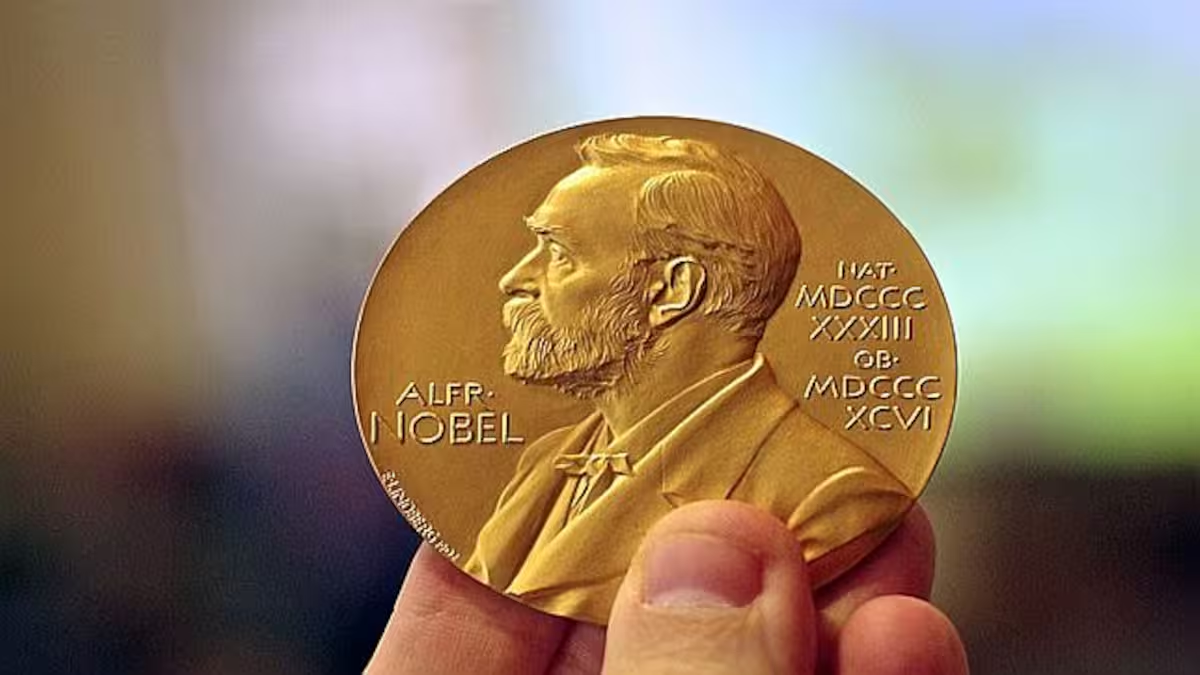Delhi: The Nobel Prize, one of the world’s most prestigious honors, was established by Swedish inventor, engineer, and industrialist Alfred Nobel. In accordance with his will, Nobel dedicated his fortune to founding awards that recognized outstanding contributions to humanity in the fields of Physics, Chemistry, Medicine, Literature, and Peace.
Each year, these prizes celebrate discoveries and achievements that have profoundly influenced the world, rewarding those whose work brings tangible benefit to society — reflecting Nobel’s vision of fostering innovation, progress, and human welfare.
Yet, one field stands curiously absent from this illustrious list: Mathematics. Despite being the foundation for nearly every scientific and technological advancement, there is no Nobel Prize in mathematics — a fact that has puzzled scholars and historians for over a century.
The Reason Behind the Omission
To understand this exclusion, one must look back at history, Nobel’s intentions, and the development of alternative honors for mathematical excellence. Alfred Nobel’s decision to omit mathematics appears deliberate, though the precise reason remains a blend of historical context and speculation.
One leading explanation, supported by research from the University of Waterloo, is that Nobel sought to reward disciplines offering immediate and practical benefits to humanity, such as medicine and physics. During his time, mathematics was often viewed as abstract and theoretical, lacking direct application to human welfare — an opinion that has since evolved dramatically.
Over the years, various myths have emerged to explain the omission — some suggesting personal or romantic rivalries, or that a mathematician had won the affection of someone Nobel admired. However, no historical evidence supports these tales. Nobel never married, and no verifiable documentation links his personal life to the exclusion of mathematics.

Another plausible theory is that Nobel saw no need for a separate prize in mathematics since Swedish mathematician Gösta Mittag-Leffler had already founded a prominent mathematical award. Nobel may have wanted to avoid redundancy within Sweden’s intellectual circles.
Recognition Beyond the Nobel
Although mathematics lacks its own Nobel category, mathematicians have received recognition in other Nobel-related fields. For instance, John Nash was awarded the Nobel Memorial Prize in Economic Sciences for his pioneering work in game theory — a mathematical discipline that transformed economics and social sciences.
The Fields Medal and Abel Prize
To fill the void left by the absence of a Nobel Prize, the mathematics community established its own distinguished honors. The Fields Medal, introduced in 1936, is awarded every four years by the International Mathematical Union to mathematicians under the age of 40. Often dubbed the “Nobel Prize of Mathematics,” it honors both remarkable achievements and promising potential.
In addition, the Abel Prize, founded in 2002 by the Norwegian Academy of Science and Letters, serves as a lifetime achievement award without an age limit. It is presented annually and carries a monetary reward comparable to that of the Nobel Prize, making it one of the highest recognitions in the field.
A Legacy of Distinction
Though Alfred Nobel did not honor mathematics directly, the discipline continues to underpin the very fields he celebrated — from physics and chemistry to economics and medicine. The Fields Medal and Abel Prize now stand as enduring tributes to mathematical genius, ensuring that the world’s most abstract thinkers continue to receive their due recognition.










